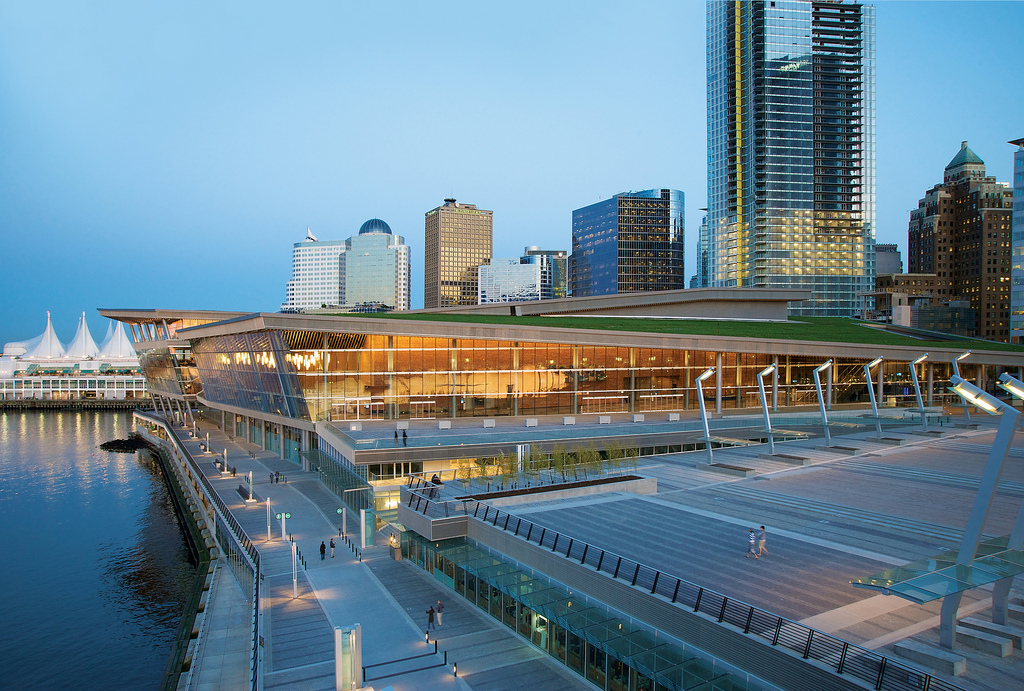Vancouver’s economy to cool over next two years

By Will Young
Vancouver’s real GDP growth is forecast to ease from 4.1 per cent in 2016 to 3.2 per cent in 2017, with an even more modest 2.5 per cent advance expected for 2018, according to a report by the Conference Board of Canada.
This will be in contrast to Calgary and Edmonton, which are forecast to be the fastest growing census metropolitan areas (CMAs) in Canada this year, with real GDP forecast to grow by 4.6 per cent and 3.9 per cent respectively, according to Metropolitan Outlook: Autumn 2017[1] http://www.conferenceboard.ca/e-library/abstract.aspx?did=9160 (Sign in required).
“The more moderate outlook for Vancouver and Victoria reflects the fallout from a cooler housing market, as well as factors like increased protectionism in the U.S. and a slightly higher dollar that is shaving export potential,” Alan Arcand, Associate Director, Centre for Municipal Studies, said.
Vancouver’s economic slowdown will be broad-based, affecting all sectors, according to the report, which forecasts construction output to post modest increases of 1.5 per cent this year and 1.9 per cent next year, down from a 5.5 per cent expansion in 2016.
Conference board expects rising interest rates, the relative absence of foreign purchasers, and a slowing economy to all “slightly temper” Vancouver’s housing demand.
Total starts are on track to fall from a record 27,900 units in 2016 to just under 25,400 units this year, with both single-family and multiple starts easing, the report notes.
“Despite the cancellation of procurement for the Massey Tunnel replacement bridge project, solid non-residential investment activity will help offset easing housing starts and keep total construction output growth in positive territory this year and next,” the report reads. “Meanwhile, manufacturing output is projected to climb by 2.4 per cent this year, down from a 5.4 per cent gain last year. The struggling provincial forestry sector in B.C.—hit by U.S. tariffs, forest fires, and the mountain pine beetle—might be unable to adequately supply wood product firms in Vancouver.”
Vancouver’s services sector is not expected to escape the slow down.
“The cooler housing market is trimming output growth in finance, insurance, and real estate,” the report reads. “On a positive note, wholesale and retail trade output is on track to jump 5.9 per cent this year, but slower job and income gains, coupled with rising interest rates, are expected to limit growth to 2.5 per cent next year.”
“Moderating economic growth will be accompanied by slowing job gains,” the report concludes. “Following a record 61,000 new jobs in 2016, employment creation is set to slow to about 33,200 this year and 21,500 in 2018. Still, this will be sufficient to cut Vancouver’s unemployment rate to 5.1 per cent—a nine-year low—in 2017.”
Vancouver’s unemployment rate stood at 4.5 in September 2017, a 0.2 percentage point decrease from a year earlier, according to Statistics Canada [2]https://www.statcan.gc.ca/tables-tableaux/sum-som/l01/cst01/lfss03l-eng.htm.
[Photo Credit: Province of British Columbia]
References
| 1. | ↑ | http://www.conferenceboard.ca/e-library/abstract.aspx?did=9160 (Sign in required) |
| 2. | ↑ | https://www.statcan.gc.ca/tables-tableaux/sum-som/l01/cst01/lfss03l-eng.htm |



